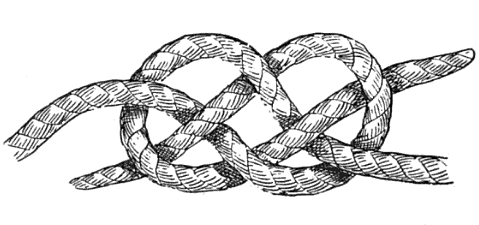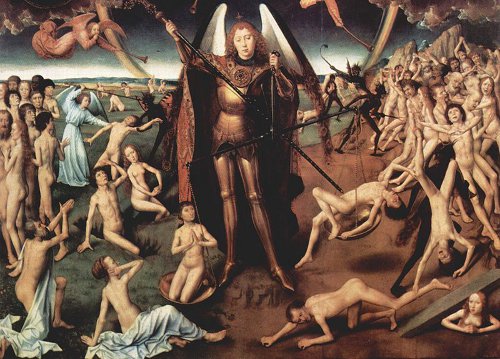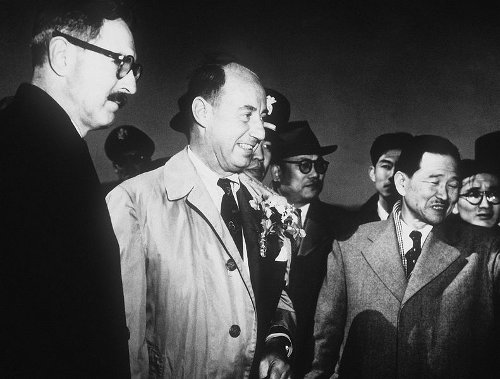In November 2003, Word Ways: The Journal of Recreational Linguistics challenged its readers to discover why Ed Wolpow had sent in the following poem:
ADIRONDACK SHINGLES
Among old and crafty mountain men,
Far gone in their heart-held dreaming,
Nearest neighbor one mile down a rock road,
Busy poking old and peeling car bonnets,
An owl hoots past a tin ear.
The sunny period in every week
Is time for one–one hoarse chuckle.
It’s not the place for foxy generals
Nor a spiffy consul, furtive, medalled.
No young and flaxen onlookers
With peach fuzz included.
Extant alumni of a meaner university
Plead for simple knots and bolts.
Home to fossil icons of steep hills,
And not fossil verses which gleam
With glib phrases that parse nicely,
A rogue element in every line.
The answer is that each line contains the name of an element.



